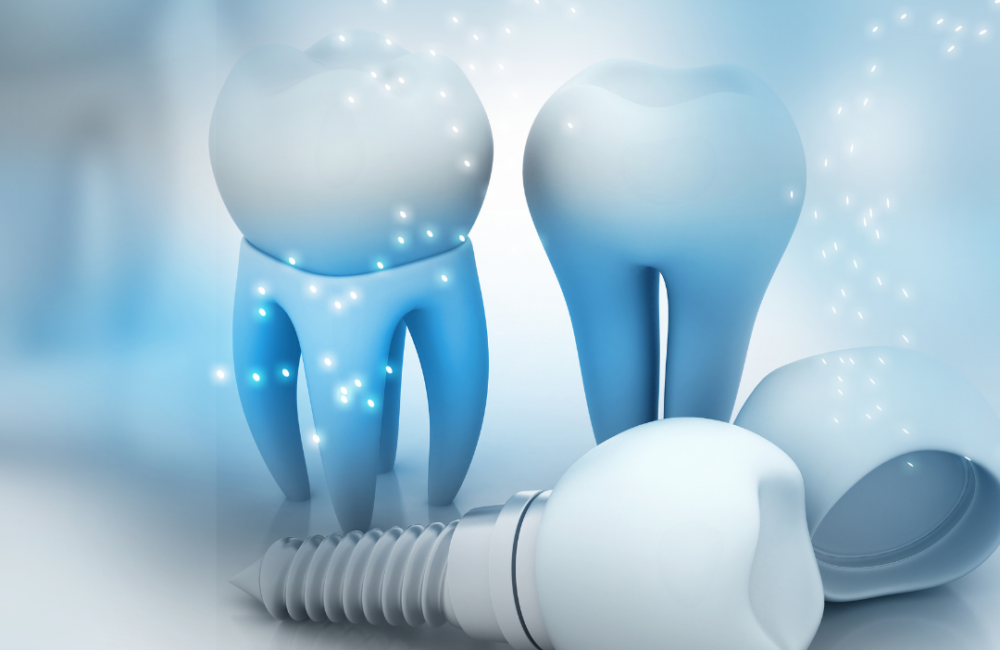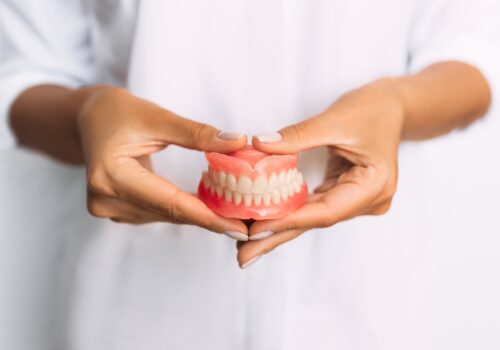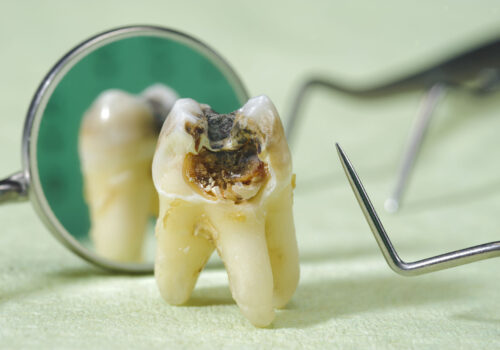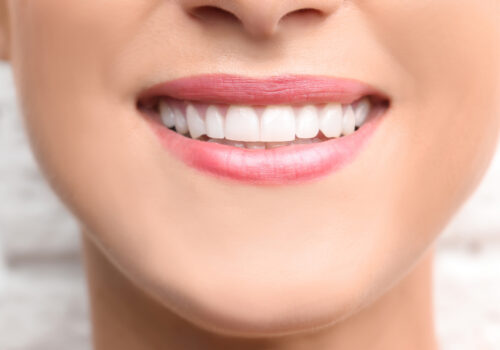
Though mouthwash can benefit most people, there are others who should steer clear of mouth rinses.
- Young Children
Children under the age of 6 should not use mouthwash, according to the ADA. That’s because small children — whose swallowing reflexes are not yet fully formed — may swallow sizeable amounts of mouthwash, which can lead to nausea, vomiting and even intoxication (due to the alcohol content), per the ADA.
- Anyone With Open Mouth Sores
For example, people undergoing certain cancer treatments who develop mouth sores should avoid alcohol-based mouthwashes, per the Mayo Clinic. That’s because alcohol can irritate the sores and cause pain.
- People With Sensitivities or Allergies to Certain Ingredients
“Some people might be sensitive to a mouthwash with alcohol (for example, those with dry mouth or mucositis),” Dr. Scannapieco says. “For these folks, a non-alcohol mouth rinse would be more comfortable to use.” Additionally, “a very small number of people might also be allergic to an ingredient in the mouth rinse,” he says.
When to Use Mouthwash
Before you take a swig of mouthwash, always floss and brush beforehand (yes, in that order). “Flossing and brushing first reduces the number of microbes on the teeth, thus making it easier for the mouthwash to work,” Dr. Scannapieco says. After brushing, it’s best to wait briefly before using mouth rinse to make sure the fluoride in the toothpaste does not wash away, according to the National Health Service (NHS). Three to five minutes should suffice. Then after you swish, don’t eat or drink anything for a half hour to allow the active ingredients (like fluoride) to do their job, per the NHS. For a more thorough cleaning, you can even use an interdental brush (a device with bristles designed to scrub away the plaque between your teeth) dipped in mouthwash, Dr. Scannapieco says. “This will help deliver the mouthwash between the teeth, an area that is particularly susceptible to inflammation and bone loss,” he explains. So, how often should you use a mouth rinse? As frequently as you brush: Twice a day, once in the morning and then at night. If you need an occasional midday rinse to diminish bad breath after eating garlic bread or tuna salad, that’s OK too.
What to Look for in a Mouthwash
To help control or reduce bad breath, gingivitis, plaque and tooth decay, check that a mouthwash contains some of the following active ingredients, per the ADA:
Cetylpyridinium chloride (helps keep bad breath at bay)
Chlorhexidine or essential oils (both help manage plaque and gingivitis)
Fluoride (helps prevent decay)
Peroxide (serves as a whitening or brightening agent)
While you can find many over-the-counter types of mouthwash containing these ingredients in the aisles of your local drugstore, some (like those with chlorhexidine) are available only by prescription, according to the ADA.
The Verdict
While mouthwash should never be a substitute or replacement for daily brushing and flossing, almost everyone can benefit from using it, Dr. Scannapieco says. In other words, though not absolutely essential, rinsing with mouthwash is a healthy habit to add to your oral care routine.







Leave a Reply